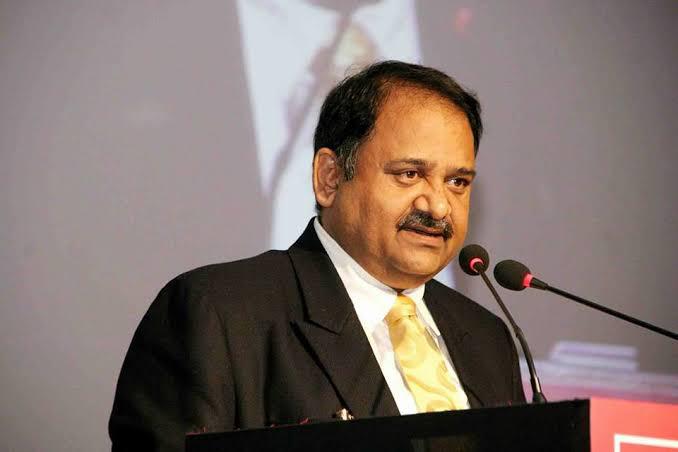Mukesh Modi of Adarsh Credit Cooperative Society has finally been arrested by the Serious Fraud Investigation Office (SFIO) on Tuesday from his residence in Rajasthan. His nephew and MD of the credit co-op, Rahul Modi and the CEO, Vivek Harivyasi are also said to be in the SFIO net.
Indian Cooperative has been relentlessly pursuing the case ever since ABP News broke the news of huge diversion of members’ fund by the Adarsh Credit Co-op. As recent as last week we published a story of an unsuspecting victim Versha in these columns exposing the highhandedness of Adarsh Credit.
Adarsh Credit Co-op operations is accused of duping more than 20 lakh depositors in the name of cooperative. The arrested founder chairman of Adarsh Credit Mukesh and his family members are running Ponzi schemes and have floated several fake companies where they have diverted the cash, which some say it to the tune of Rs 8400 crore.
A massive raid across several of the branches of Adarsh Credit by Income Tax sleuths also began in the wake of the media reports.
Earlier, the office of Central Registrar had issued notice to it asking why the Society has extended loans to companies which cannot become members. Section 25 of the MSCS Act, 2002 does not permit the multi State cooperative societies to admit private companies as members. Further, as per bye-law number 4 of the Society, adult individuals can be admitted as the members of the Society, the notice read.
The loans have been sanctioned without due diligence which indicates that the board of the society has unduly favored a few members and misused the money of the other members for personal gains, which again amounts to violation of cooperative principles, it observed.
The society can accept deposits from its members only, however, the existence of bogus depositors indicates that the society is holding money from external sources also, which amounts to carrying out activities akin to banking without the permission of the same from RBI. This amounts to violation of Banking Laws, it observes.
Extending loans to non-members and acceptance of deposits from non-members also amounts to carrying out activities akin to banking which can be construed as violation of Banking Laws, it opines.





